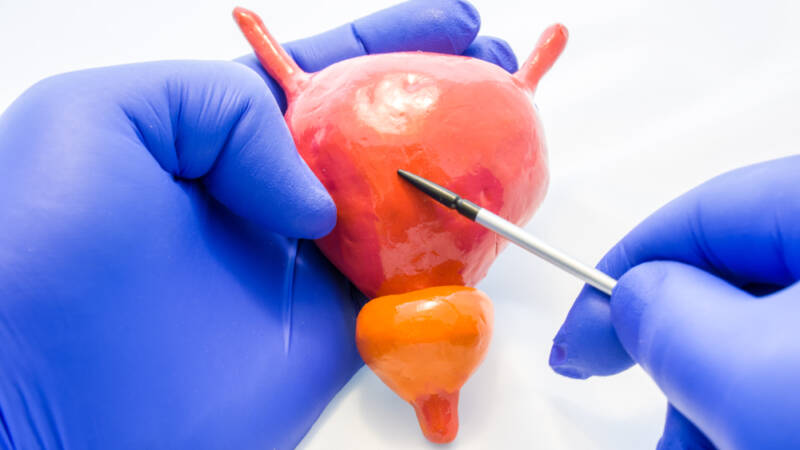Bladder Cancer: Symptoms and Risk Factors

Bladder cancer can affect anyone. The American Cancer Society estimates that approximately 64,280 men and 19,450 women will be diagnosed with bladder cancer and 17,200 fatalities will occur in the United States in 2021. Getting an early diagnosis greatly improves a patient’s prognosis, though it’s only spread extensively in less than four percent of cases.
To learn more about bladder cancer, search online right now to discover risks that have been linked to bladder cancer and the early signs and symptoms you need to keep your eye out for.
What Is Bladder Cancer?
Bladder cancer occurs when the cells that line the inside of the bladder (urothelial cells) begin to grow uncontrollably. As the number of cancer cells increase, a tumor may form. When the cancer is found there, it’s called urothelial carcinoma, which accounts for 90 percent of cases. If not detected quickly, the cancer can spread to other areas in the body.
Risk Factors
The cause of bladder cancer is still unknown. However, there are some factors that may increase your risk of developing it. It’s most commonly found in males over the age of 55.
Other risk factors that have been linked to the disease include:
- Smoking, as toxic chemicals can become concentrated and damage the lining of the bladder.
- Exposure to arsenic and chemicals used in the manufacturing of dyes, rubber, leather, textiles, and paint.
- Chronic or recurring bladder inflammation or urinary tract infections
- Past cancer treatment with the drug cyclophosphamide
- Previous radiation in the pelvic region
- Family history of cancer
- Personal history of cancer
Signs and Symptoms
Sometimes there are no symptoms early on in the disease. However, when they do show up, they may include:
- Blood in the urine, which may turn it red, orange, pink or brown
- Urgent need to urinate or frequent urination
- Difficulty urinating
- Burning or pain when urinating
- Low back or pelvic pain
If you have any of the following signs and symptoms, contact your doctor. It is also essential to get annual check-ups, as sometimes blood in the urine can only be detected in a urine test and isn’t visible to the naked eye.
Diagnosing Bladder Cancer
There are several tests available to diagnose bladder cancer. If the test results show that cancer is present, further tests are done to determine the stage of the cancer.
Tests and procedures used include:
- A cystoscopy occurs in a physician’s office or in the hospital. A thin tube with a microscopic camera on it travels through the urethra to the bladder to allow the doctor to look for any signs of cancer.
- A biopsy collects a small tissue sample of the bladder wall to test for cancer.
- A urine sample is collected for a urine cytology, which is then evaluated under a microscope.
- Imaging tests – like a CT scan – check the structure of the urinary tract.
Treatment Options
A physician will decide the course of treatment based on the severity of cancer, a patient’s general health, and preference. Options are very similar to those used in most other types of cancer. Surgery is a common method for early stage bladder cancer, in cases where the cancer hasn’t spread and the surgeon can get good margins. In this procedure, they will remove the tumor in some cases, parts of the bladder or the whole bladder via a cystectomy.
Other types of treatment may include:
- Chemotherapy
- Radiation therapy
- Immunotherapy
- Targeted therapy
Search Online For More Information
Bladder cancer is now the fourth most common cancer in men, but if it’s detected early, it can be highly treatable. Never ignore any signs or symptoms that are out of the ordinary for you. Search online to better understand this disease, especially if you have one or more risk factors.
Contact your doctor immediately if you think you may have bladder cancer or have other urinary concerns. Taking charge of your health will go a long way in preventing bladder cancer or catching it early if you are diagnosed with it.
..